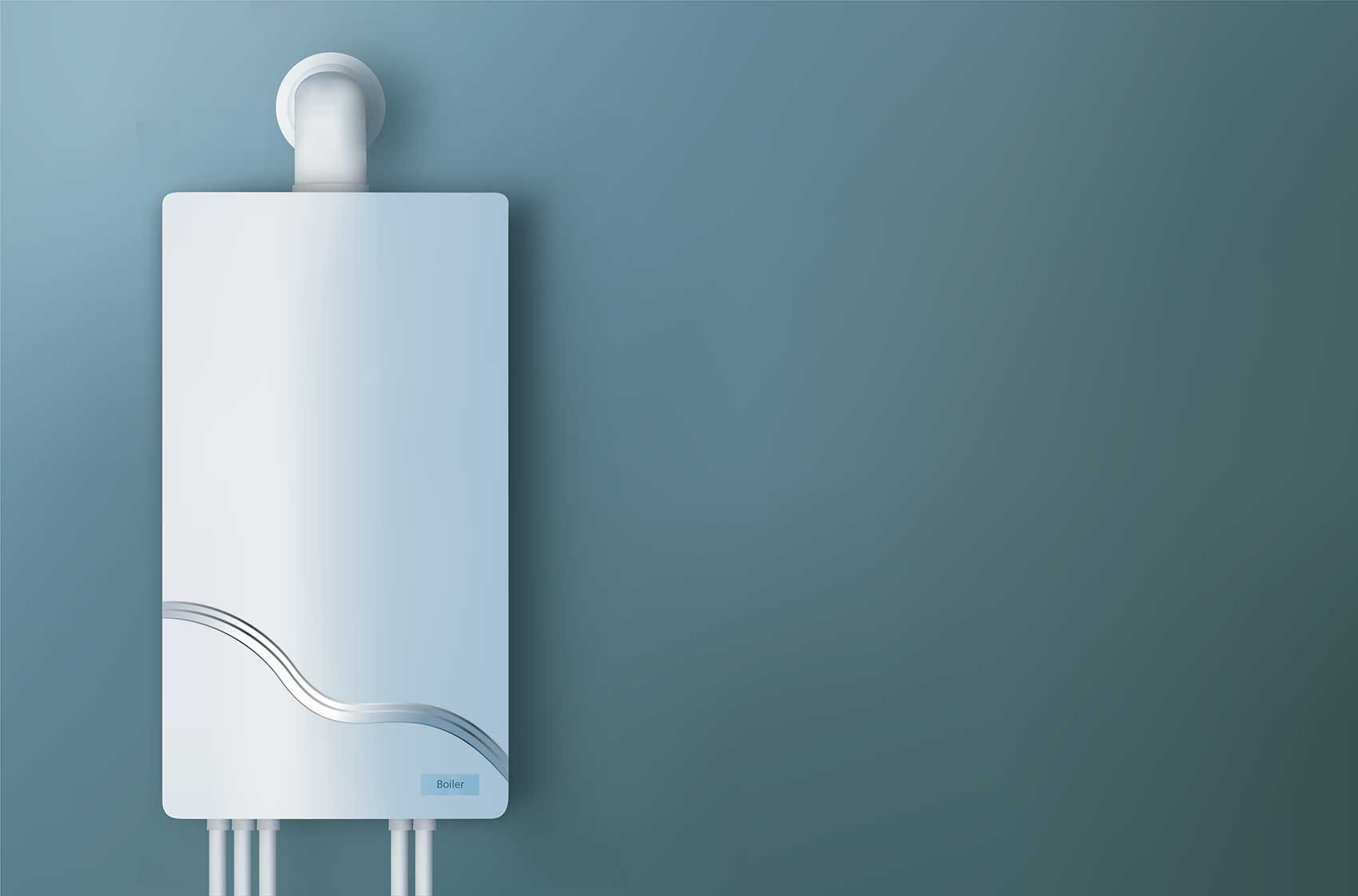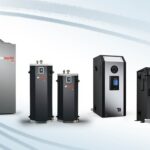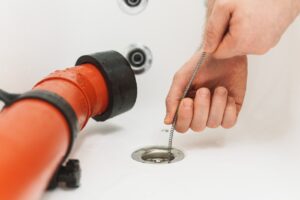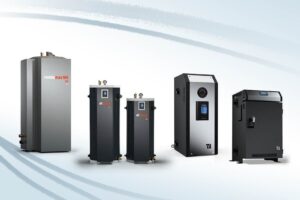
Condensing Boiler vs. Traditional Boiler: Differences and Advantages
A heating boiler is used not only in space heating systems (such as underfloor heating), but also in water heating systems (like showers, faucets, etc.). It is the heart of your thermal system and represents a significant investment. That’s why it makes sense to do thorough research when choosing yours, especially since you want it to last as long as possible! If you’re wondering whether to choose a condensing boiler or a traditional boiler, this article will explain the features of each to help you make an informed decision.
What Is a Traditional Boiler?
A traditional boiler is a type of boiler that produces heat by burning fuel (gas or propane) to heat the water circulating in your heating system, such as underfloor heating, radiators, and more.
Advantages and Disadvantages of the Traditional Boiler
Since it doesn’t operate through condensation, there is greater energy loss. It is therefore less eco-friendly and less economical. However, the initial purchase cost is often lower.
What Is a Condensing Boiler?
A condensing boiler has the same purpose as a traditional boiler. However, unlike the latter, a condensing boiler recovers the heat contained in the combustion gases.
Advantages and Disadvantages of the Condensing Boiler
Since the condensing boiler recovers the heat contained in the combustion gases, it is a more eco-friendly solution, but also more economical thanks to lower energy bills. The condensing boiler is compatible with different heating systems. However, the purchase cost is generally higher.
Comparison: Condensing Boiler vs. Traditional Boiler
Here is a comparison table between a traditional boiler and a condensing boiler to help you see things more clearly.
| Features | Traditional Boiler | Condensing Boiler |
| Operation | Non-condensing Burns fuel and releases flue gases without reusing them | Condensing Recovers heat from flue gases to maximize energy use |
| Energy Efficiency | Moderate | High |
| Environmental Impact | Higher emissions | Eco-friendly, lower emissions |
| Purchase & Installation Cost | Lower upfront cost | Higher upfront investment |
| Operating Cost | Higher energy bills over time | Lower bills thanks to energy savings |
| Durability | Robust and long lifespan | Long lifespan with regular maintenance |
Which Boiler Should I Choose?
In order to choose the boiler that best suits your situation, you will need to consider several factors ;
Budget
Consider your available budget at the time of purchase, but also in the long term by calculating energy savings.
Housing
If your home is relatively new, it will probably be better suited to a condensing boiler, for example.
Energy consumption
You will be able to make your choice based on the energy consumption of the boilers and your environmental preferences.
Conclusion
Finally, the condensing boiler is very often the ideal option to reduce costs and long-term environmental impact. In any case, it is important to work with professionals for its installation and maintenance in order to extend its lifespan and ensure your safety.
At Plomberie Roger Chayer, our specialists will recommend the best boiler for your situation and can handle its installation and maintenance. Contact us to learn more at (514) 590-0666.







